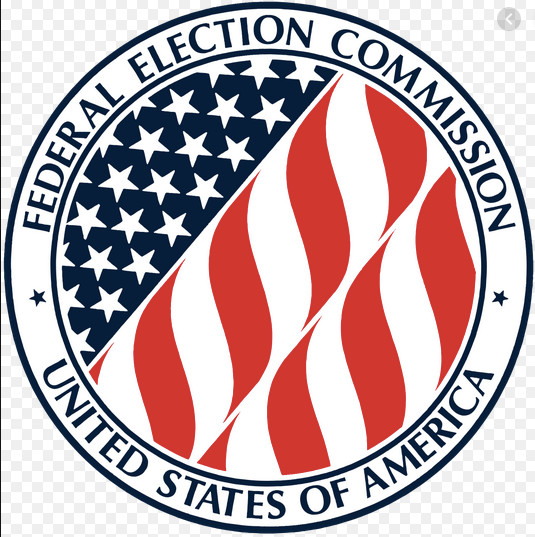. . .
After it looked into the complaint, the Justice Department disagreed — it said that because the amount of the contribution couldn’t be quantified, the department would not even bother opening a criminal investigation (which would still have been short of bringing an actual prosecution).
To date, the criticism of the Justice Department has focused on its seemingly hasty judgment that a federal crime had not been committed and on Attorney General William Barr’s decision not to recuse himself from a matter directly implicating him.
Those are indeed valid criticisms, but an overlooked problem is that a federal government memorandum required the Justice Department to refer this complaint to the Federal Election Commission. And by all publicly available information, the department failed to do so.
For over 40 years, a memorandum of understanding has stood between the Justice Department and the Federal Election Commission, and it has been duly entered into The Federal Register. It’s a guide for how Justice and the F.E.C. should interact in administering federal election law. The document recognizes that some election law violations, for whatever reason, “may not be proper subjects for prosecution as crimes” under key criminal provisions of the federal election law statutes. The document then explains how the two agencies should interact when one or the other learns of potential violations.
Here’s the key part for our purpose: When information comes to the attention of the Justice Department indicating a “probable violation” of the Federal Election Campaign Act, the document says, “the department will apprise the commission of such information at the earliest opportunity.”
Note the standard for when the Justice Department must notify the F.E.C.: when there’s a “probable violation,” a low bar compared with the standard for actually bringing a criminal prosecution that must be proven beyond a reasonable doubt.
So again, as far as anyone knows, the Justice Department never provided that notification. And there’s more. The memo further explains that when the Justice Department determines that a probable violation “does not amount to a significant and substantial knowing and willful violation” — presumably what happened when the department decided not to continue investigating the matter described in the whistle-blower complaint — then “the department will refer the matter to the commission as promptly as possible.”
This, too, the Justice Department appears not to have done.
Why does it matter? Because the F.E.C. has a host of tools available to it to enforce federal election law that are distinct from the prosecutorial tool that the Justice Department declined to exercise here. The memo makes this, too, very clear.
It says that the Justice Department’s referral of such matters to the F.E.C. will facilitate the latter’s “consideration of the wide range of appropriate remedies available to the commission.” Those include, for example, the imposition of civil penalties for certain election-law violations — which would have been made public.




